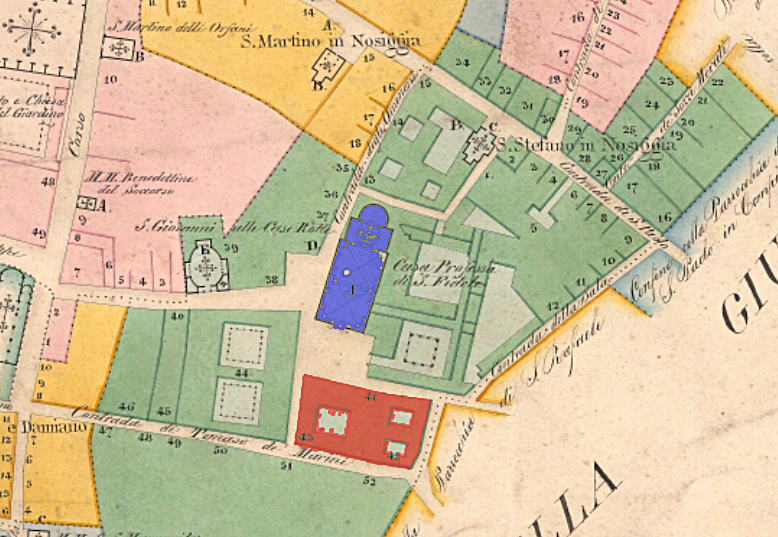Which land registry does Italy need

The speech by Corrado Sforza Fogliani, president of the Confedilizia study center
The news that, in one way or another, it is intended to put hand to the Land Registry, is not one that can go unnoticed. We know that the European Union is pressing in this sense and, especially at a topical moment like this (funds are coming), we certainly cannot turn a deaf ear. But, then, the Cadastre must be handled seriously, from head to tail. The "updates", from the post-war period onwards, have always resulted in tax increases and talking about updates is not exactly a good sign, which opens the doors to the trust that is needed today (as he pointed out in an interview also the president of ABI Antonio Patuelli).
The current cadastre is a patrimonial cadastre. Of this type were the pre-unification Cadastre. When, with the new state, the liberal ruling class went to the government, the first reform that it put in place was to provide for the erection of an income cadastre, that is, of income. Thus was born the term "annuities", which still persists, however, in perfidious disregard of reality, which is that of a Land Registry which – provisionally (see Constitutional Court ruling on the subject) for more than 20 years – measures not income, but values. It was easy to transform incomes into values with fixed coefficients (1, 2 and 3) and invented from scratch and so it was done. But it would have been (and would still be today) just as easy to do as the unitary State Parliament had done: to arrange for all homeowners to self-declare – also for tax purposes – how much they would make their urban properties in a year, under criminal law.
Years ago, an attempt was made to redo the Land Registry and it immediately started badly and always in the same way. By saying that they wanted to eliminate inequalities, erase errors, do justice. In reality, it started by establishing – at the insistence of the Revenue Agency – that a patrimonial cadastre would be made (also against the insistence of the Confedilizia for an income cadastre, as the founding fathers of united Italy had done), mostly based on algorithms rather than inspections as was done in the good old days (the only thing, in terms of transparency, that could be obtained was that the algorithm of each census area would be made known!). All this, however, without it being clear that no one would play – as they say – two parts in comedy, as a joint taxman and as an independent third party.
The result was that even the census commissions were established province by province (convened and controlled by the Agency and in which it was necessary to sweat to include even only the minority representatives of direct taxpayers, both urban and rural) but after the Agency had sent all the papers to the Economy, the process stopped. They were frightened of the effects that the new cadastre would have on the pockets of the Italians.
Today, at a time when it is above all necessary that, as we said, trust is created (the first immobile engine for true growth), so that domestic and foreign exports and savings can restart (as Paolo Savona wrote: our real resources) , you have to be very careful not to make any missteps. On the contrary, it is necessary to give – even with the Land Registry – a positive, reassuring signal. The reform of the Cadastre (wanted where it is possible, in Brussels, but also by all Italians who know the current cadastral reality, as already described) can also be the right tool. But not saying that an old iron will be updated (since it was made patrimonial) as the current Cadastre is. But saying indeed, it is clear that it will be done from scratch, neither more nor less than as it was done in the 19th century. A land registry that the liberal class even wanted as an instrument of growth rather than merely fiscal. A tool, therefore, that rewarded those who renovated houses (giving work) and who – in the Rural Cadastre in particular – had made uncultivated land an income. So that the more we produced, and earned, the more the taxes were lowered, exactly the reverse of what happens with – instead of a realistic, typically nineteenth-century mentality – the justiceist mentality that today is great, together with an exhibited and proclaimed pauperism .
This is a machine translation from Italian language of a post published on Start Magazine at the URL https://www.startmag.it/economia/un-catasto-che-dia-fiducia-agli-italiani/ on Tue, 24 Aug 2021 05:53:22 +0000.
